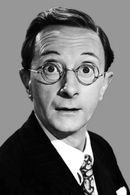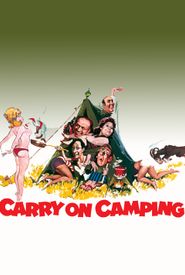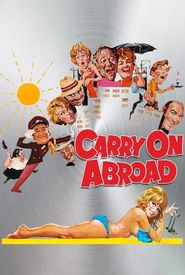Charles Hawtrey's thespian career began at the tender age of 11, having spent several formative years honing his craft at a prestigious acting school. A string of stage roles followed, culminating in his transition to radio in 1929. His success in this medium paved the way for his entry into the world of cinema, often collaborating with renowned comedian Will Hay.
Throughout his illustrious career, Hawtrey continued to excel in all three mediums, with his stage work garnering him the most acclaim. In 1958, he embarked on the project that would cement his status as a beloved figure in British comedy: the "Carry On" series.
Hawtrey's unique physical attributes, including his slender build, bird-like features, and his "outrageously posh" voice, coupled with his eccentric on-screen persona, made him a fan favorite among the "Carry On" gang. However, his prominent role in the series and his extensive experience in the industry led to a perceived sense of entitlement regarding his billing, ultimately resulting in his departure from the series following the release of "Carry On Abroad" in 1972.
Hawtrey's real-life persona was often just as flamboyant as his on-screen character, with one of his defining characteristics being his propensity to converse in an unintelligible language understood only by his closest confidants. After leaving the "Carry On" series, he semi-retired from the entertainment industry, making sporadic appearances in films and television shows.
Sadly, Hawtrey's life was cut short due to his struggles with arthritis, which had plagued him for many years. In 1988, his doctors informed him that the condition had become so severe that his legs would need to be amputated in order to save his life. Hawtrey refused this treatment, and passed away just a month later at the age of 73.

















































































